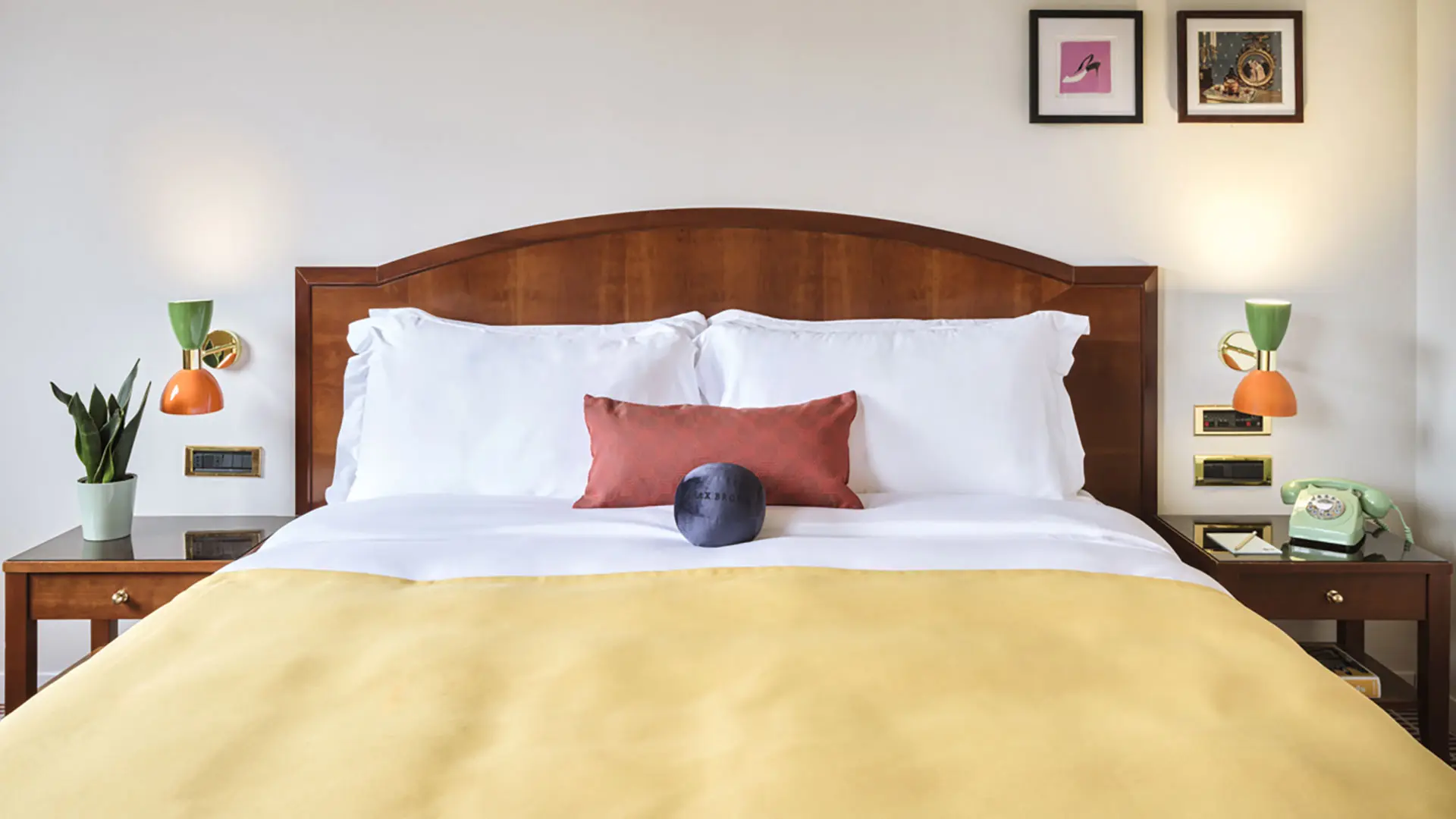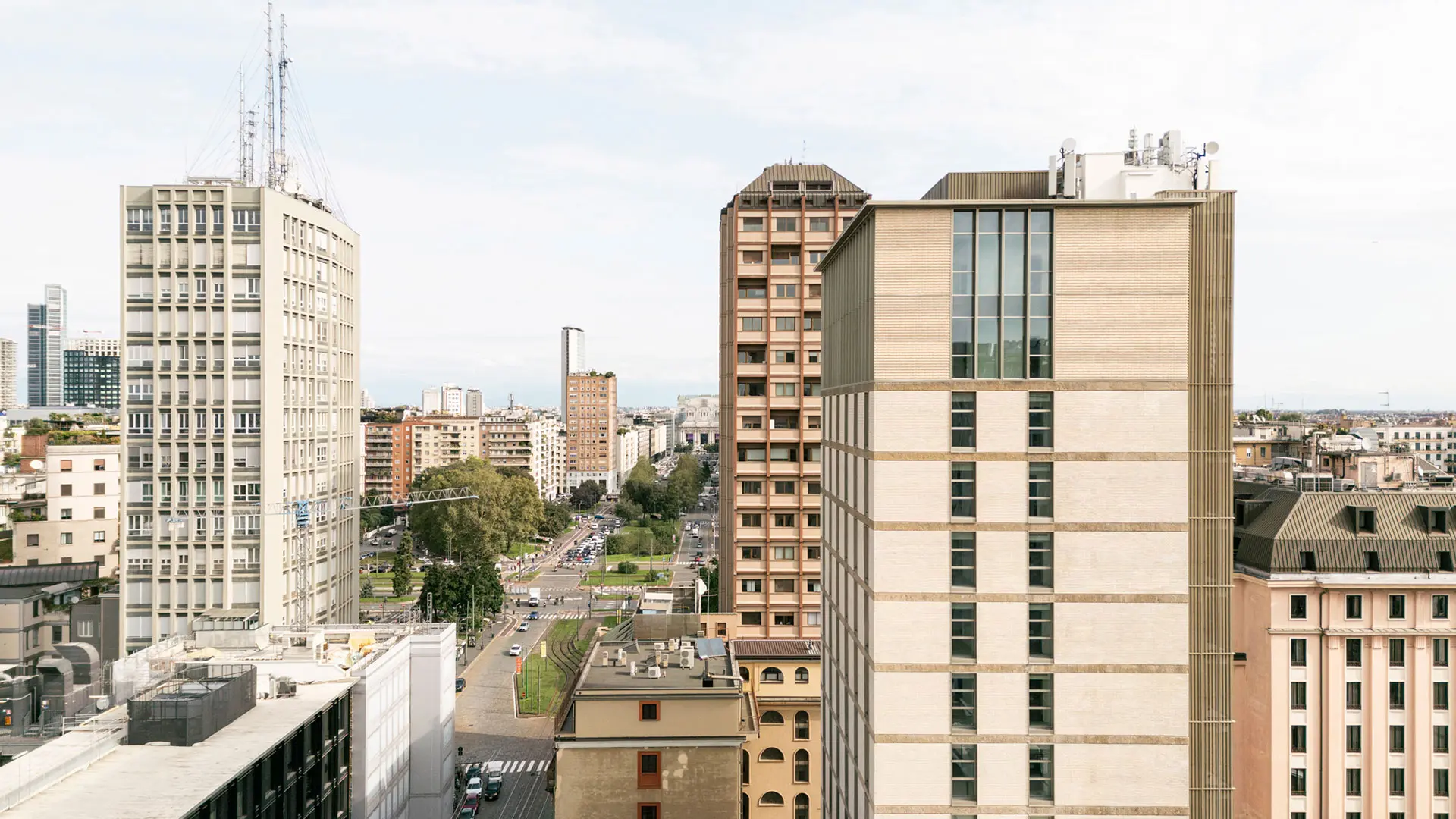In partnership with MiCodmc, a selection of establishments ripe for discovery during the 63rd edition of the Salone del Mobile.Milano, from 8th to 13th April
Making culture in Milan, the words of Tommaso Sacchi
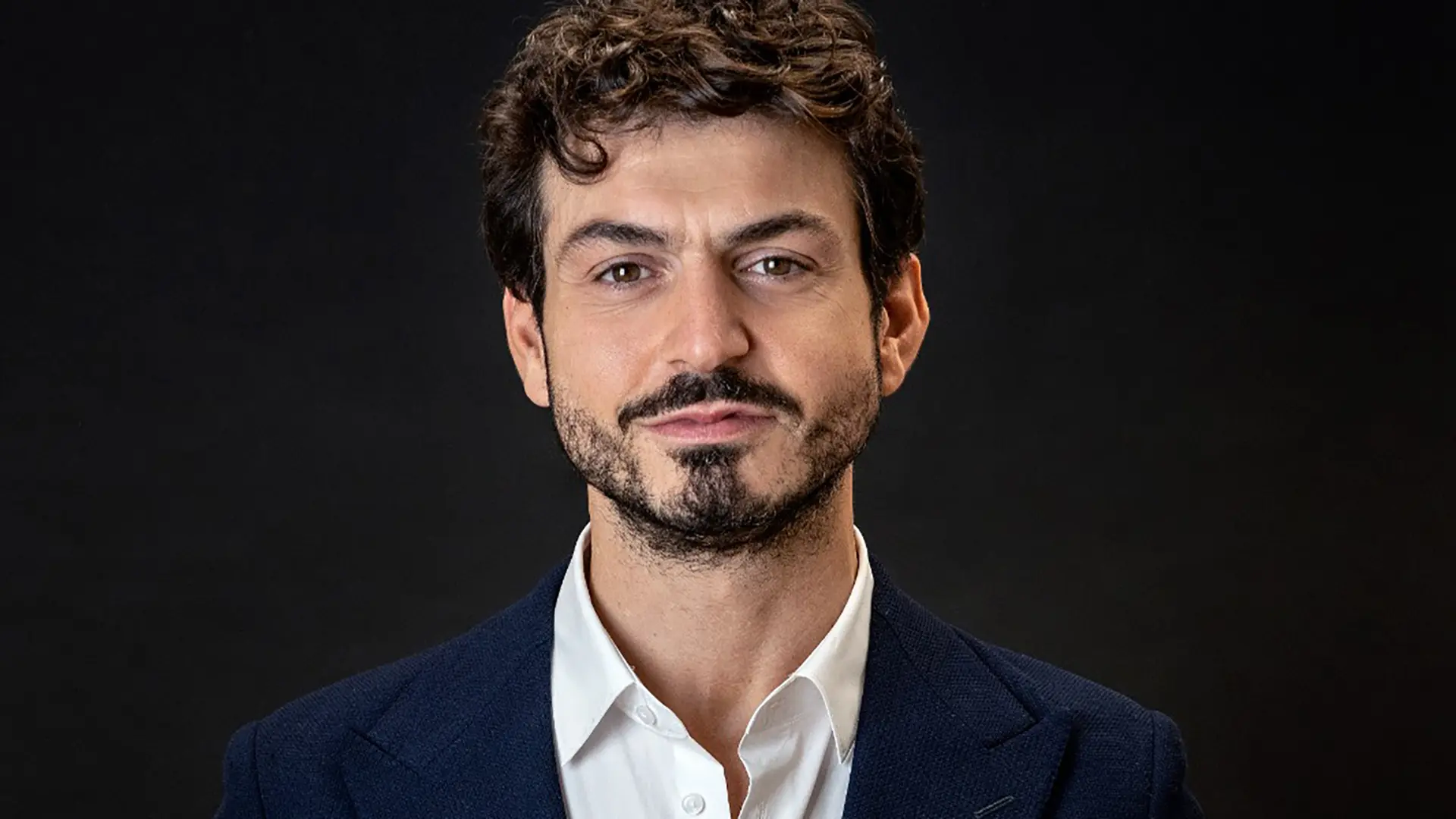
Themed weeks, major events, an integrated offering… We speak to the new Councillor for Culture, Tommaso Sacchi, about making culture in Milan, from old glories to good intentions.
After seven years working in the Tuscan capital, yes, here I am, back home. This initial period has been really intense; weeks of listening and thinking. We live in fragile, delicate times. Some sectors are undergoing great hardship, they need attending to right away.
I think it’s changed. It’s a European city, a creativity and creative industry capital, as I think the Salone del Mobile proved with its dedicated “Supersalone” event. Milan has focused on a range of aspects and assets that have made it into a leader, one of which is urban regeneration. It has also enhanced its geographical networks, showcasing a world that wasn’t there before. While staying true to its identity, Milan is one of those metropolises predisposed to changing its skin, to making itself ever more attractive, and it has filled up with vitality.
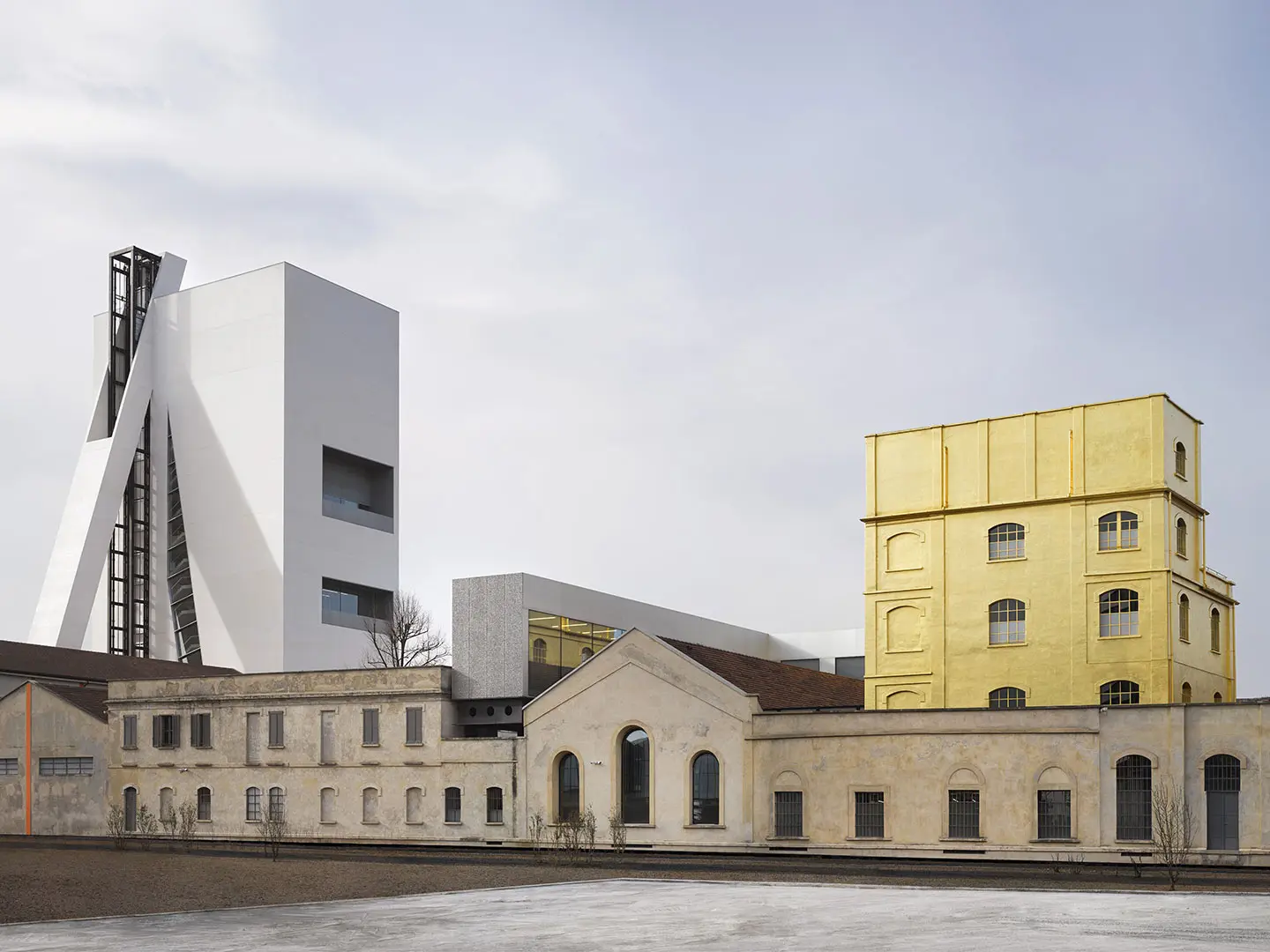
Torre Fondazione Prada, Milan. Architectural project by OMA. Ph Bas Princen 2018. Courtesy Fondazione Prada
Diffuse festivals represent the city’s polycentric nature, simultaneously lighting up a world of creativity. The relationship between the Salone and Fuorisalone is the cornerstone of such an approach.
No, it’s the city’s history. Since the mid-1980s, when the trade fair became a solid and authoritative showcase for design and furniture in what is the capital for the industry, independent creative worlds sought an alternative outlet, outside a trade fair context. That’s how Tortona was born, followed by the rest of the Fuorisalone. That’s how Milan forged its character.
It is the Councillor’s job to move between these two approaches. This is not a job you can improvise; it’s not a matter of making things up on the hoof. The Councillor’s Office is a directing and listening post. We plan major initiatives by interpreting the city’s most genetic aspects, simultaneously turning on the city’s networks, creating a polyphony of stories – for example, Piano City, Bookcity, the Salone. This hallmark feature has always been there. That said, one aspect of the Councillor’s brief is to manage and listen… to listen to what people have to say in a forward-looking way, to learn to manage the everyday, as well as emergencies and the most pressing, topical matters.
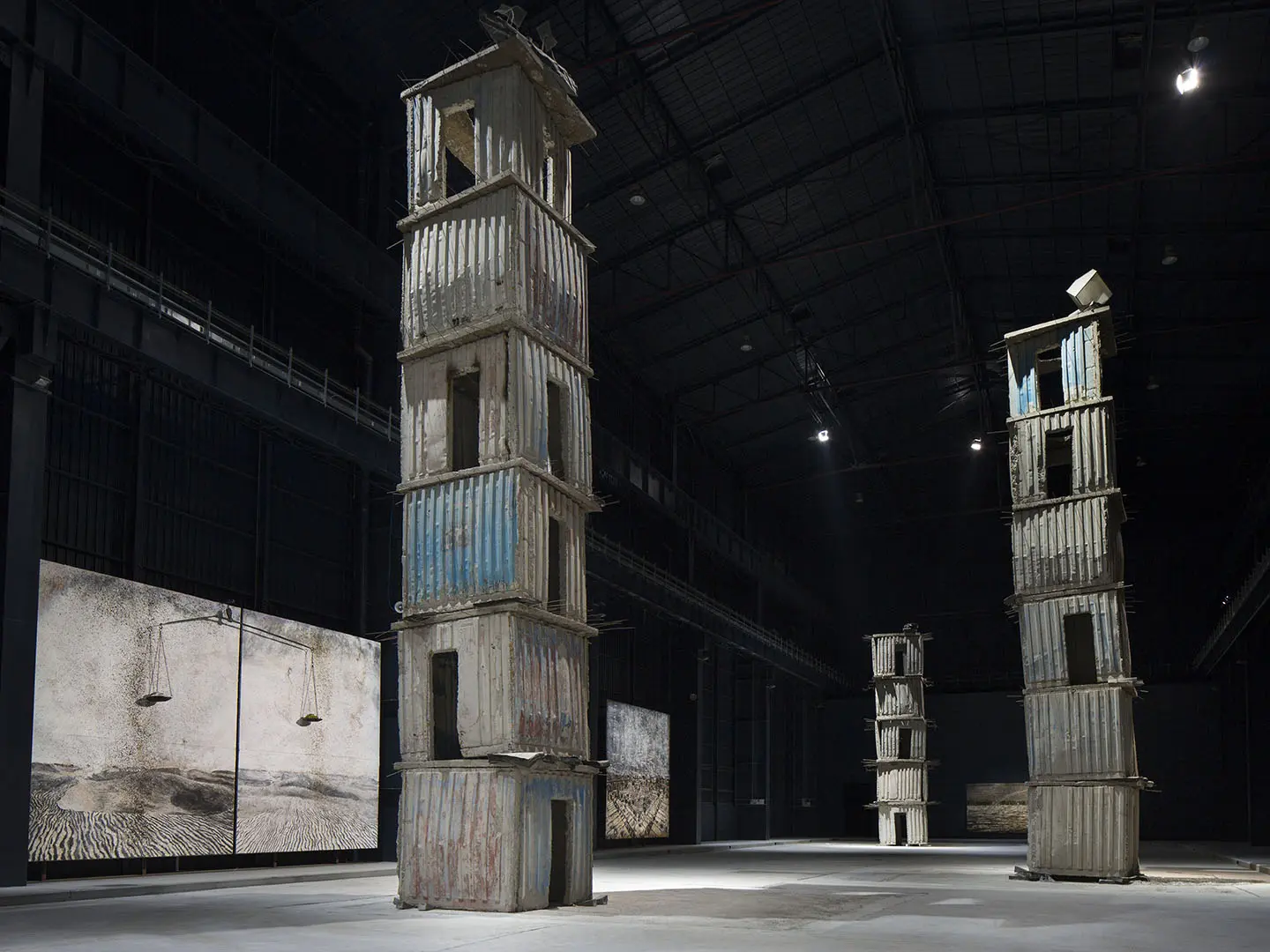
Anself Kiefer The Seven Heavenly Palaces 2004-2015. Courtesy Pirelli HangarBicocca. Ph Agostino Osio
If on the one hand Milan offers many important and ephemeral moments, it also has a cultural industrial complex made up of private individuals, large institutions, fashion and design, worlds that create work and employment. This explains why Milan is such a lead player in Italy’s creative industry and cultural diversity. The Piccolo, Teatro alla Scala, Triennale, Hangar Bicocca, the Fondazione Prada… they all have public offerings, they all form part of a system that must be taken into consideration and, above all, require an overview in order to manage such a wide-ranging panoply. No other city can boast this root-and-branch capacity, this ability to sustain such an intense network. That said, culture in Milan is intertwined with a very solid world, with a chunk of the industrial sector: what other metropolis manages to intertwine industry and creativity like this?
To emerge from this crisis, I believe we should focus on culture as a lever for rebirth. We would be making a big mistake if we failed to do so.
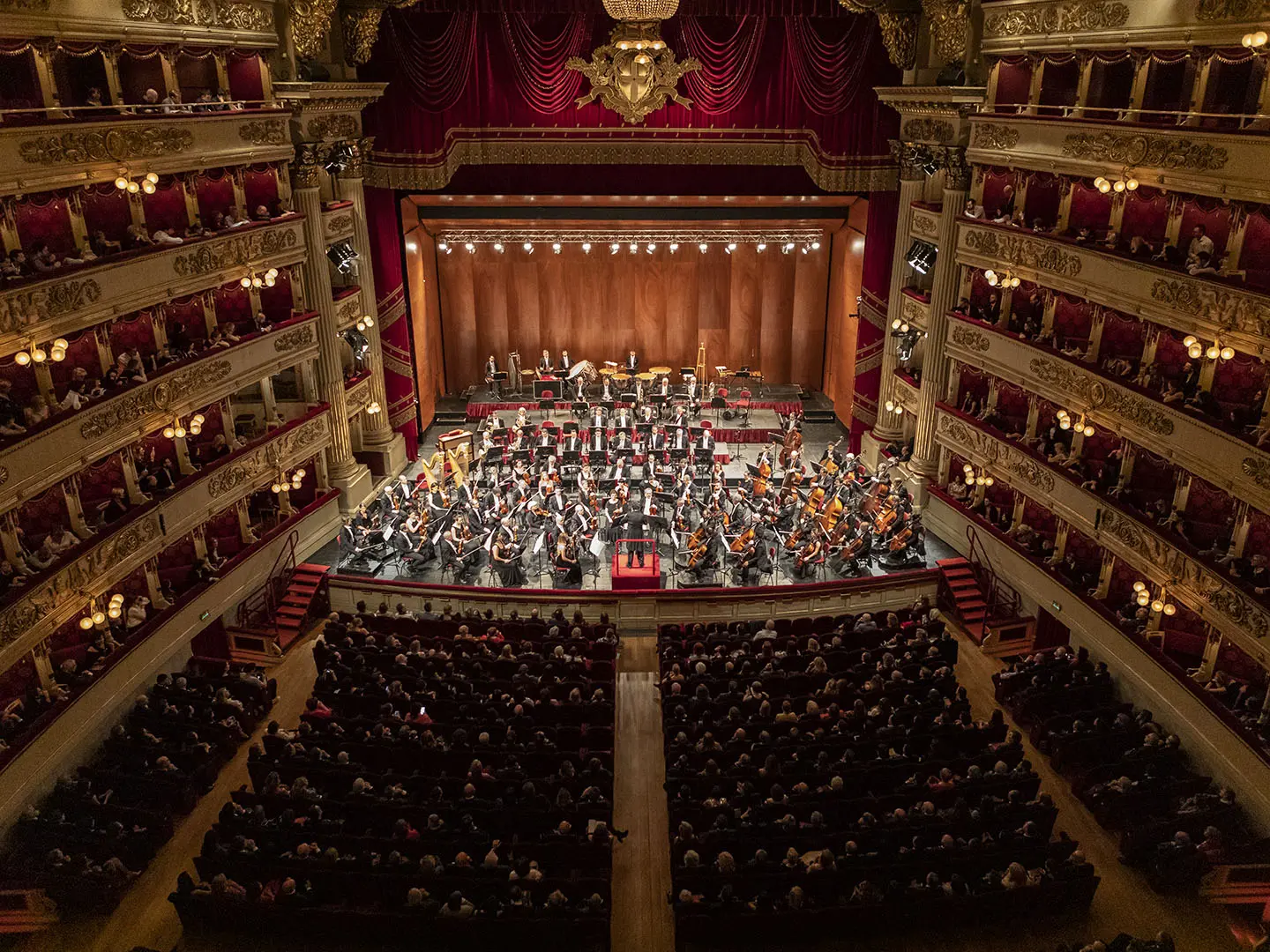
Teatro alla Scala, Salone del Mobile.Milano 2019 Opening, Ph Andrea Mariani. Courtesy Salone del Mobile.Milano
It’s too early to do any serious planning, but in 2022 we’d like to launch a national forum with representatives from the national libraries. The library system has been a kind of Cinderella, but in fact Milan has a widespread network of libraries, and we’d like to focus on it. If you look at the data, a vast number of people use these lending systems, the most democratic service out there. I’d like to put some serious thought into what the libraries of the future will look like, including a look at what’s being done outside Italy.
We would like to work on shared programming for the city’s exhibition centres. We look forward to an opportunity to present an integrated system of museum and exhibition offerings that is more accessible to all.
We are deadly serious when we talk about a less-central belt of culture. The idea is to activate the suburbs as a place for cultural offerings. The tools are already in place, and Mayor Sala gave me very clear mandate for this. It’s a really important challenge for us. I’ve met the Municipality Presidents and I’m mapping out places potentially suited to hosting culture. I’ve asked the Director of Libraries to enhance “civic house” neighbourhood centres... Culture in the suburbs doesn’t have to be peripheral, and that’s where the difference lies: it’s not a question of offering scraps or papering over the cracks, Milan has, through tangible deeds, shown how important places are that are not central, for instance, its theatres – ATIR, Teatro della Cooperativa, Teatro del Buratto... It’s a question of building things up, of taking charge of cultural output locations, leveraging neighbourhood networks and turning them into a structure for disseminating an increasingly broad-ranging offering.

In memoriam: David Lynch
The American director has left us at the age of 78. The Salone del Mobile.Milano had the honor of working with him during its 62nd edition, hosting his immersive installation titled “A Thinking Room”. An extraordinary journey into the depths of the mind and feelings. His vision will continue to be a source of inspiration.



 Stories
Stories




